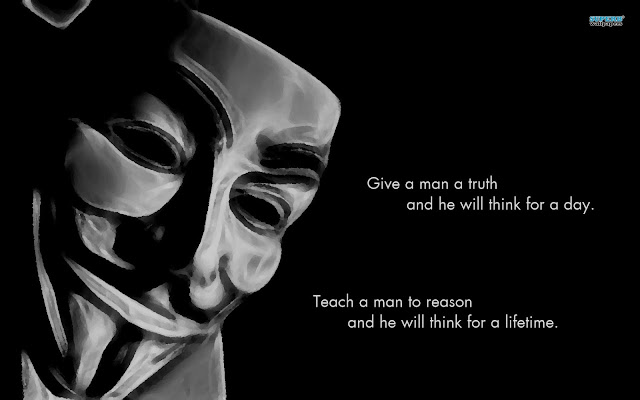The Church in Egypt
For Christians in Egypt the rise of Islamist political groups and a spate of violence targeting churches suggest that the cataclysmic events of the past 12 months have turned Arab Spring to Winter.
In late November, the first round of parliamentary elections – the first since the February 2011 fall of President Hosni Mubarak – produced shock results favouring hard-line Islamic groups.
With turn-out reported at 62 percent, the hard-line Muslim Brotherhood's Freedom and Justice party polled 45 percent, as had widely been expected. But the big surprise was the Nour Party – backed by the even more extremist Salafist Islamists – which polled 21 percent.
In the first round of the elections, held at the end of November 2011 in nine of Egypt's 27 provinces including Cairo and Alexandria, a coalition of secular parties polled only 25 percent.
Father Antoine Rafic Greiche, official spokesman for the Catholic Church in Egypt, warned that the success of the Salafists was a grave concern for Christians. "We were expecting the Muslim Brothers to do well but we did not expect at all the success of the Salafists," he said.
"Their success is a big surprise and a cause for alarm not just for Christians but for moderate Muslims who will be very annoyed by what has happened."
Explaining the threat posed by Salafists and the Nour Party, Father Greiche said: "The Salafists speak about forbidding tourism, preventing women from wearing swimming costumes and forcing them to be totally covered up.
"They look at Christians and even moderate Muslims as Kuffars [a derogatory term for non-Muslims] and say they want to implement the Shari'a Islamic law rigorously."
Pointing out that Salafists had taken responsibility for a number of attacks on churches this year, Father Greiche said: "The Salafists' attitude to Christians is to say that they can get their passport to go to the USA, France, UK or somewhere else in the West.
"They always talk about Egypt as a Muslim country even through there are up to 13 million Christians living here."
Father Greiche and other Catholic leaders warned against pre-judging the results, and emphasised that this was only the first round of polls.Coptic Catholic Bishop Kyrillos William of Assiut, Upper Egypt, said: "We have to wait and see what happens next. The secular and liberal parties are very young and they may develop as time goes on, collecting more support."
When the undercurrent of resentment against President Hosni Mubarak's government suddenly burst open into an ever-growing series of demonstrations in January 2011, it triggered a revolution that for many brought a barely-dreamed-of hope for a better, democratic future.
The vast crowds who gathered in Cairo's Tahir Square were spurred on by the success of a popular uprising in nearby Tunisia, which ousted President Ben Ali. In Egypt, the 25th January Revolution achieved success three weeks later when Mubarak was forced to cede power to a military administration, closing the door on 30 years of power.
But such sweeping political change begged deeper and wider questions about Egypt's future – especially when the interim government promised presidential and parliamentary elections in the autumn.
Among those with most at stake were Egypt's 10 million Christians – by far the largest across the Middle East. Like many others, Church leaders were shocked that the demonstrations should achieve success amid reports that the 'Facebook Generation' pro-democracy movement was backed by large sections of a young country with an average age of 26.
But early hopes soon gave way to fear. With Mubarak gone, Islamic extremists such as the Salafists – until now ruthlessly suppressed – began garnering political support. They demanded hard-line enforcement of Islamic Shari'a law, with implicit discrimination if not outright oppression of Christians.
Similar concern grew over Egypt's radical Muslim Brotherhood, whose organisational ability and political savvy came as a surprise to many. An Aid to the Church in Need fact-finding trip to Egypt in April revealed deep uncertainty as to which movement – pro-democracy or Islamist – would prevail.
Against this backdrop, the leader of Egypt's 250,000 Coptic Catholics, Patriarch Cardinal Antonios Naguib, said it was imperative for Christians to play a full part in developing of the emerging consensus. He said: "This is the moment for everyone in the Church to really participate in the evolution of society."
The depth of opposition to Egypt's Christian presence was made clear on 7th May 2011 when a Salafist attack on three Coptic Orthodox churches in the Cairo suburb of Imbaba left up to 15 people dead and more than 230 injured.
A few days later, Coptic Catholic Bishop Antonios Aziz Mina of Giza accused the government and police of insufficient action to protect Christians. "The Army will not stand up against the people who do this sort of thing," he told Aid to the Church in Need. "They want to stay neutral. The police appear, but very slowly. They are frightened. They have not been strong enough."
It brought back horrific memories of the New Year's Day 2011 attack on another Coptic Orthodox Church in Alexandria. Twenty Mass-goers died and at least 70 others were wounded in a car bomb attack.


Comments